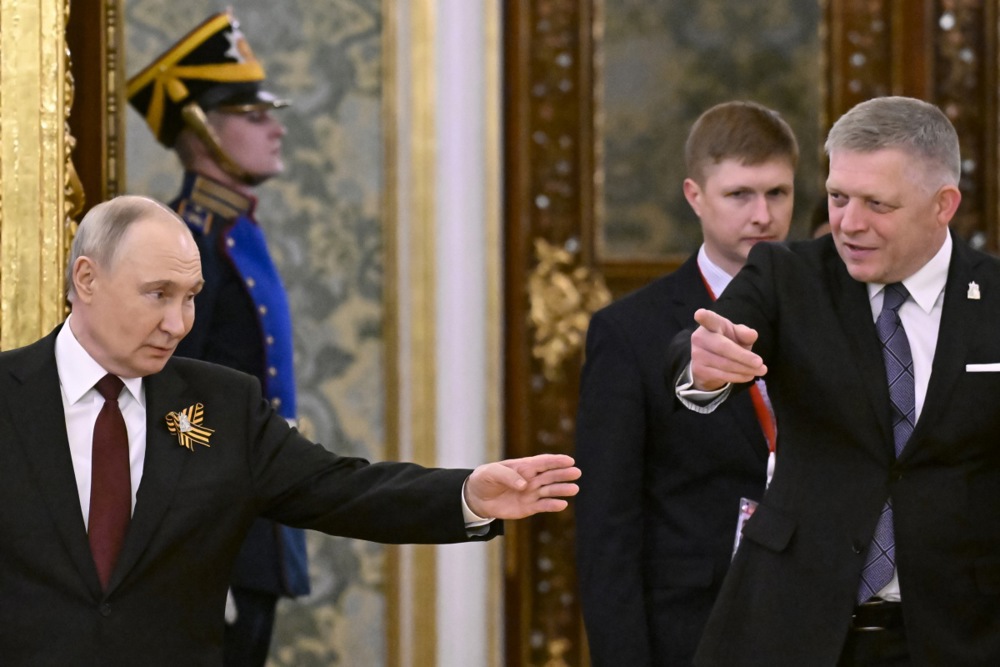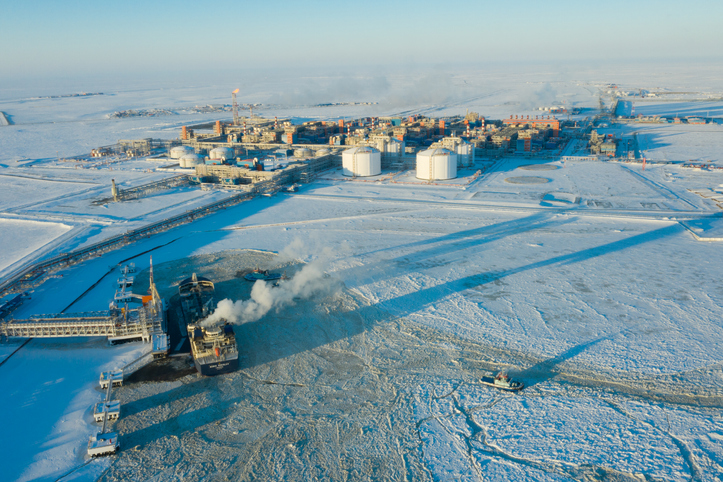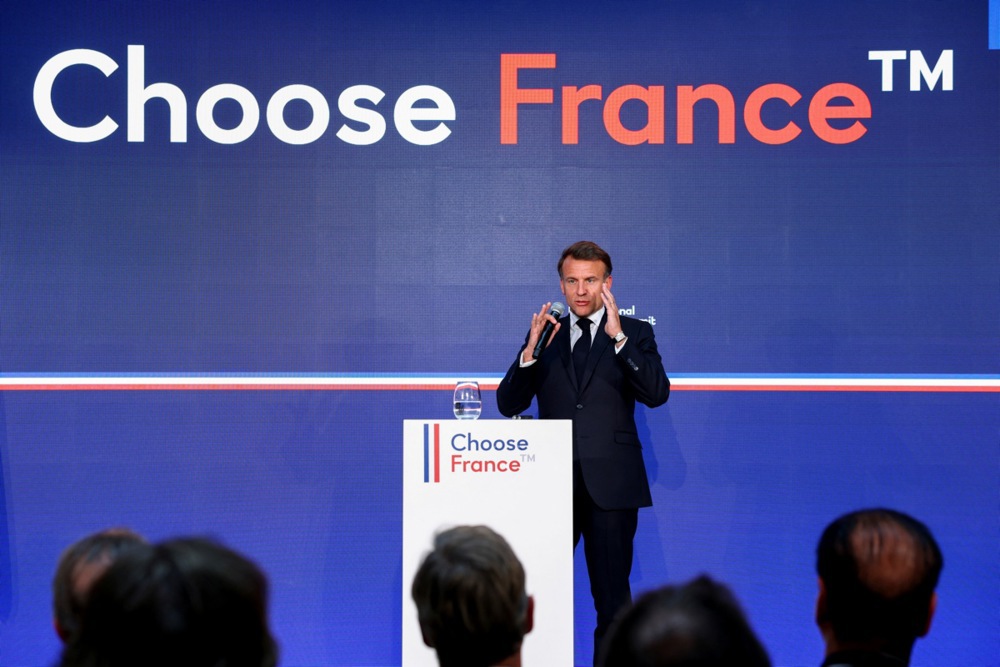A majority in the European Parliament voted yesterday to bring forward the full ban on Russian oil to 1 January 2026 and on Russian gas to 1 January 2027. The ban will only come into force if agreed by national capitals.
The move marks the fastest push yet by the EU to end its dependence on Moscow’s energy, even as several national governments still rely on Russian flows or act as transit hubs for the hydrocarbons.
“For too long, Russia has used its gas and oil as tools of coercion, trying to undermine European stability. This mandate closes the loopholes and prevents circumvention. The sooner we end our reliance on Russian fossil fuels, the stronger and safer Europe will be,” wrote Francisco Assis, Social Democrat MEP and negotiator in Parliament’s trade committee.
The mandate will now be the Parliament’s starting point in talks with EU governments about the next energy rules under the RePowerEU plan, which aims to end Europe’s use of Russian oil and gas. It also forbids new contracts and even the temporary storage of Russian gas from 2026, and says that any gas physically transiting Russian territory will be treated as Russian and therefore banned. Companies that break the rules could face minimum fines of five per cent of their annual global turnover.
Analyst Anna Crawford from the Brussels-based European Policy Centre told Brussels Signal today that while “Slovakia and Hungary remain the most vocal opponents of an EU-wide ban … for political and economic reasons, others are cautious for more practical ones”.
Belgium is one of those countries because of its role as a hub for LNG via one of its harbours, Zeebrugge. Fluxys, the company running Zeebrugge’s terminal, still handles large volumes of Russian LNG — some of it re-exported. Belgium’s imports of Russian LNG last year were higher than before the war, according to national trade data.
Crawford explained that countries such as Belgium, France and Spain host large LNG terminals that are central to Europe’s gas logistics. Belgium’s terminal at Zeebrugge, run by Fluxys, continues to handle cargoes linked to Russia’s Yamal project and re-exports them to other EU markets. “These countries are not opposing a ban as such,” Crawford said, “but are more apprehensive because some of their energy companies are legally bound to existing supply contracts until EU legislation is in place to end them.”
The new mandate would allow operators to invoke “force majeure” to terminate such contracts once the law is adopted.
Not all capitals see the ban as realistic. Slovak MEP Ľuboš Blaha said he “absolutely rejects the mandatory replacement of Russian energy with expensive, unreliable and environmentally unfriendly American gas”. It was, he said, “a purely political decision” that would hurt Slovak citizens without damaging Russia. “We will use all the levers at our disposal, including the right of veto, if necessary,” he told Brussels Signal last week.
In a similar statement, Hungarian MEP András Gyürk said the proposals “would have serious implications for the security of energy supply in Hungary”. Only one of the country’s two oil import pipelines would remain usable, he said, while the EU plan would cut off its main gas corridors. “I consider these proposals, as well as the Commission’s attempts to intervene in my home country’s domestic political process by restricting the energy supply to Hungary, completely unacceptable,” he said.
Recent data from the Institute for Energy Economics and Financial Analysis shows EU pipeline gas imports fell nine per cent in the first half of 2025 compared with a year earlier, after a drop of more than one-third between 2021 and 2024. Demand has fallen thanks to renewables and energy efficiency, but imports via Türkiye have gone up. Norway now supplies about 55 per cent of EU pipeline gas, Algeria 19 per cent, and Russia about 10 per cent. Since 2022 EU countries have spent around €380 billion on pipeline gas imports, €83 billion of that from Russia.
Lead IEEFA analyst Ana Maria Jaller-Makarewicz said EU gas demand is in “structural decline” but warned the recent rise in imports should be “a wake-up call for member states falling short of their energy-efficiency and renewables targets”.
Now the EP will begin negotiations with the Council, which brings together heads of EU countries, which aims to reach agreement by 20 October.





